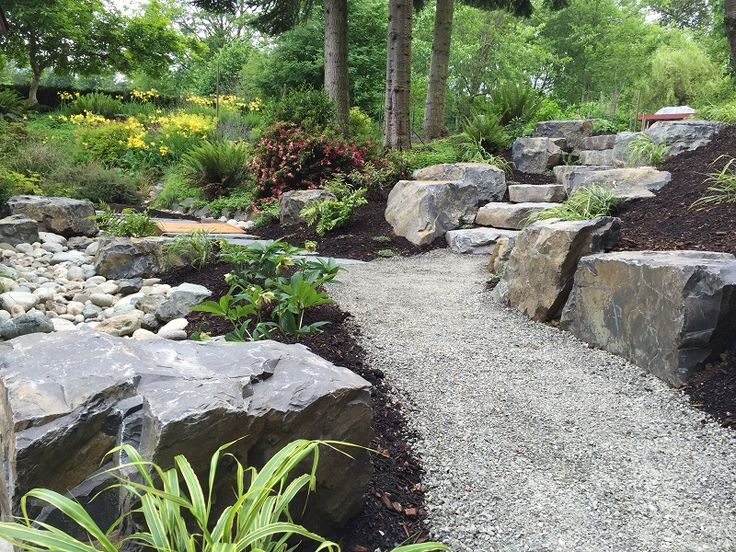Introduction (50 words): Landscaping is an intricate blend of artistry and science, aimed at enhancing the beauty and functionality of outdoor spaces. From lush gardens to serene water features, landscaping offers a myriad of possibilities to create captivating environments that harmoniously connect with nature. In this article, we explore the transformative power of landscaping and delve into the key elements that make it a unique and captivating discipline.
- The Artistry of Landscaping (100 words): Landscaping is a true artistic expression that allows individuals to mold their outdoor spaces into works of art. It involves the careful selection and arrangement of various elements, such as plants, flowers, trees, rocks, and sculptures, to create visually stunning landscapes. Landscaping professionals utilize their creative skills to design harmonious compositions, incorporating color, texture, and shape to evoke specific moods and atmospheres. Whether it’s a quaint cottage garden, a contemporary minimalist design, or a grand estate with sweeping vistas, landscaping serves as a canvas for self-expression and an avenue for showcasing personal style and preferences.

- The Science Behind Landscaping (100 words): Beyond aesthetics, landscaping also encompasses scientific principles to ensure the longevity and sustainability of outdoor spaces. It involves careful consideration of factors such as soil composition, drainage, sunlight exposure, and climate conditions to create thriving ecosystems. Skilled landscapers possess knowledge in horticulture, botany, and environmental science, allowing them to select appropriate plant species that are well-suited for the local environment. Additionally, they employ effective irrigation systems, eco-friendly pest control methods, and sustainable practices to maintain the health and balance of the landscape. The science of landscaping is focused on creating resilient and functional spaces that endure through time.
- Enhancing Functionality and Practicality (100 words): Landscaping goes beyond mere aesthetics; it also serves to enhance the functionality and practicality of outdoor spaces. By carefully planning the layout and design, landscapers create zones that cater to different activities and purposes. This might include creating designated seating areas, outdoor kitchens for entertaining, play areas for children, or tranquil spaces for relaxation. Efficient pathways and lighting solutions can improve accessibility and safety, while retaining walls and drainage systems help prevent erosion and water damage. Landscaping transforms ordinary yards into dynamic environments that maximize the usability and enjoyment of outdoor spaces.
- Environmental Benefits of Landscaping (100 words): Landscaping plays a crucial role in environmental conservation and sustainability. Thoughtful landscaping designs can mitigate heat islands, reduce energy consumption, and improve air quality. Trees and plants act as natural air filters, absorbing carbon dioxide and releasing oxygen, while also providing shade and reducing the need for air conditioning. Additionally, well-designed landscapes can help manage stormwater runoff, preventing soil erosion and reducing the strain on local water systems. By incorporating native plant species, conserving water, and implementing eco-friendly practices, landscaping can contribute to the overall health and well-being of the environment.
Conclusion (50 words): Landscaping is a captivating discipline that seamlessly blends art and science to create stunning outdoor spaces. From the artistic arrangement of elements to the scientific understanding of ecosystems, landscapers have the power to transform landscapes into captivating works of art while promoting sustainability and enhancing functionality. By harnessing the transformative potential of landscaping, individuals can truly connect with nature and enjoy the beauty of their outdoor environments.

